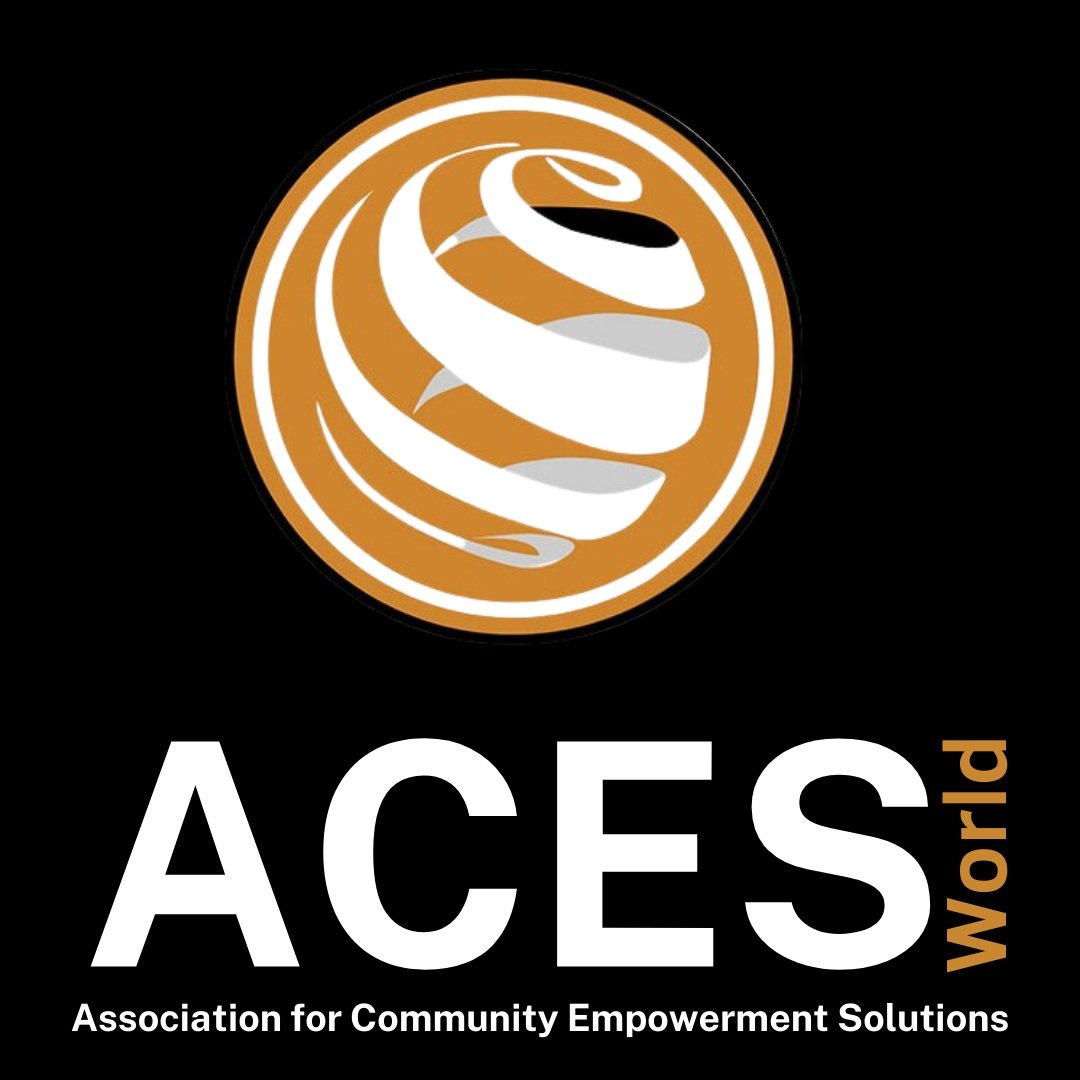Why Educating Girls Matters
Girls play after ASK4Girls Session 7 in Ghana where they learned about financial literacy, HIV and reusable pads.
Written by Andrea Garverick
Girls who graduate from secondary school earn more income, have healthier children and are better protected from abuse and childhood marriage. Accessing education allows young women the opportunity to learn life skills, gain confidence and communicate with peers. While education is important for the individual, it can also be vital to the community. Investing in girl’s education is correlated to a decline in child marriage rates, maternal mortality rates and child mortality rates. Even though the statistics drastically outline the importance of educating young women, worldwide, there are still over 129 million girls who are out of school.
Several barriers exist globally that prohibit girls from attending school. Cultural norms contribute to the need for women to stay home and tend to household chores rather than attend school, specifically for women who grow up in poverty. Schools may not always provide the necessary sanitary items for girls, leaving them confined at home for one week per month. Many families who are faced with severe poverty may choose to have young girls work rather than attend school. Additionally, data suggests that roughly 60 million girls are sexually assaulted on their way to or at school annually.
Members of the ACESWorld team work diligently to ensure girls are able to overcome barriers that exist for young women attending school. The ASK4Girls Club helps girls navigate the dangers of traveling to school by helping them develop the communication skills and valuable relationships to go to a trusted adult when they are harassed traveling to and from school. During sessions, girls are able to ask questions about intimacy and gender, and are even taught how to make their own sanitary pads so that they do not need to miss school due to their monthly cycle. In all ASK4Girls locations, school enrollment has increased. In particular, in the village of Nyomoase, Ghana, girl enrollment in schools has increased by almost 50% since ACESWorld began their work.
Just one example of ACESWorld work is expressed through Priscilla, a young school girl at Basic School 4 in Asuadea, Ghana. Priscilla admitted being shy and apprehensive about raising her hand during class time. However, later she professed that the ASK4Girls Club has helped support her confidence levels at home and at school. She now feels confident in raising her hand during class discussions. Additionally, Priscilla and other participants learned about reusable pad maintenance in Session 7 of ASK4Girls Club in Asuadea. After the session, it was reported that 100% of the girls said they understood how to wash and maintain reusable pads. Priscilla is just one of hundreds of girls who can now utilize her maximized confidence through ASK4Girls.
Resources
ACESWorld. Accessed April 4, 2023. https://www.acesworld.org/.
“Girls' Education.” UNICEF, January 19, 2020. https://www.unicef.org/education/girls-education.
Schrader-King, Kristyn. “Girls' Education.” World Bank, February 10, 2022. https://www.worldbank.org/en/topic/girlseducation.

